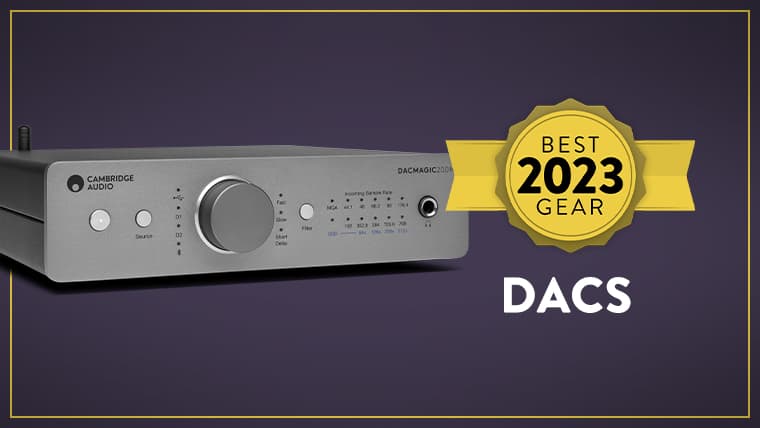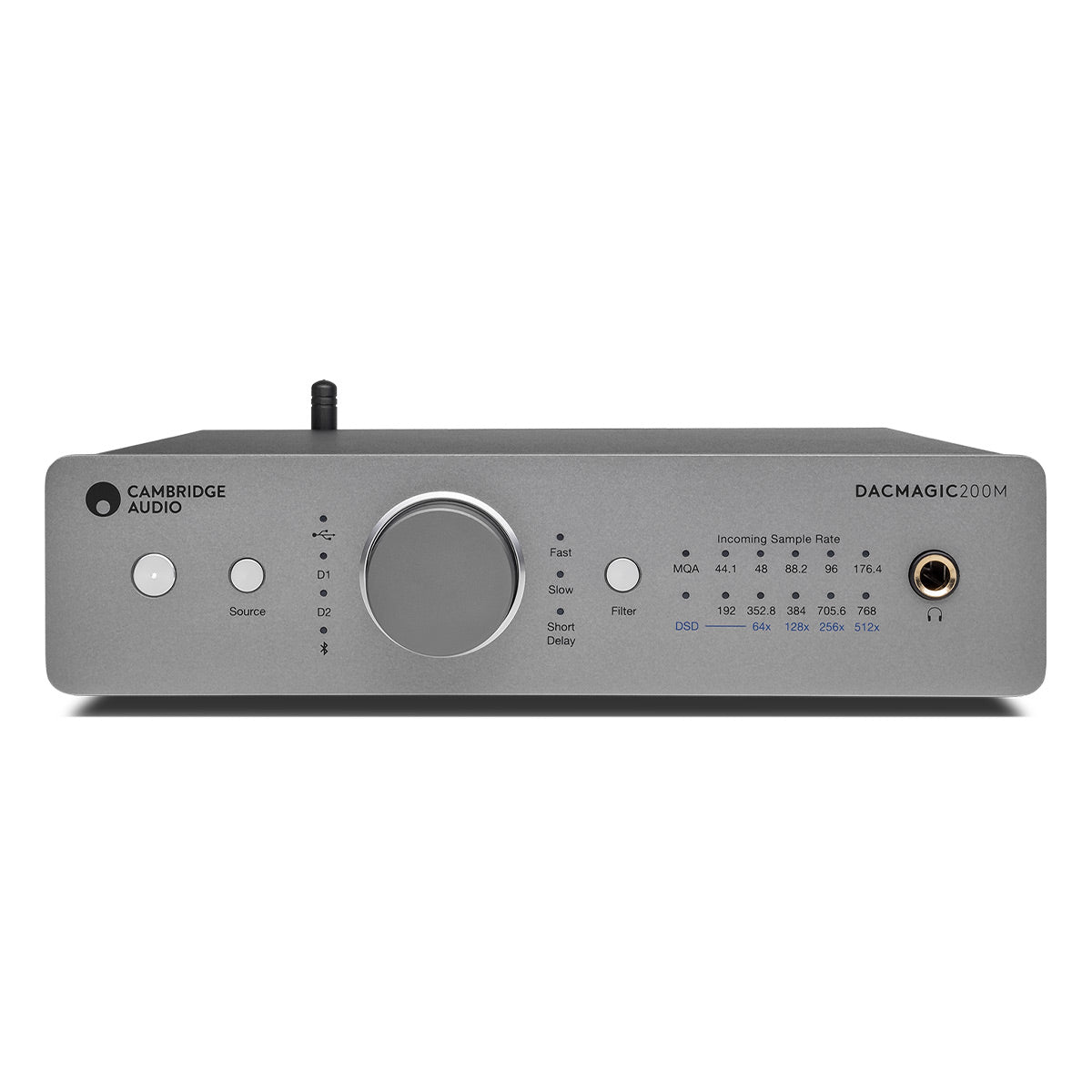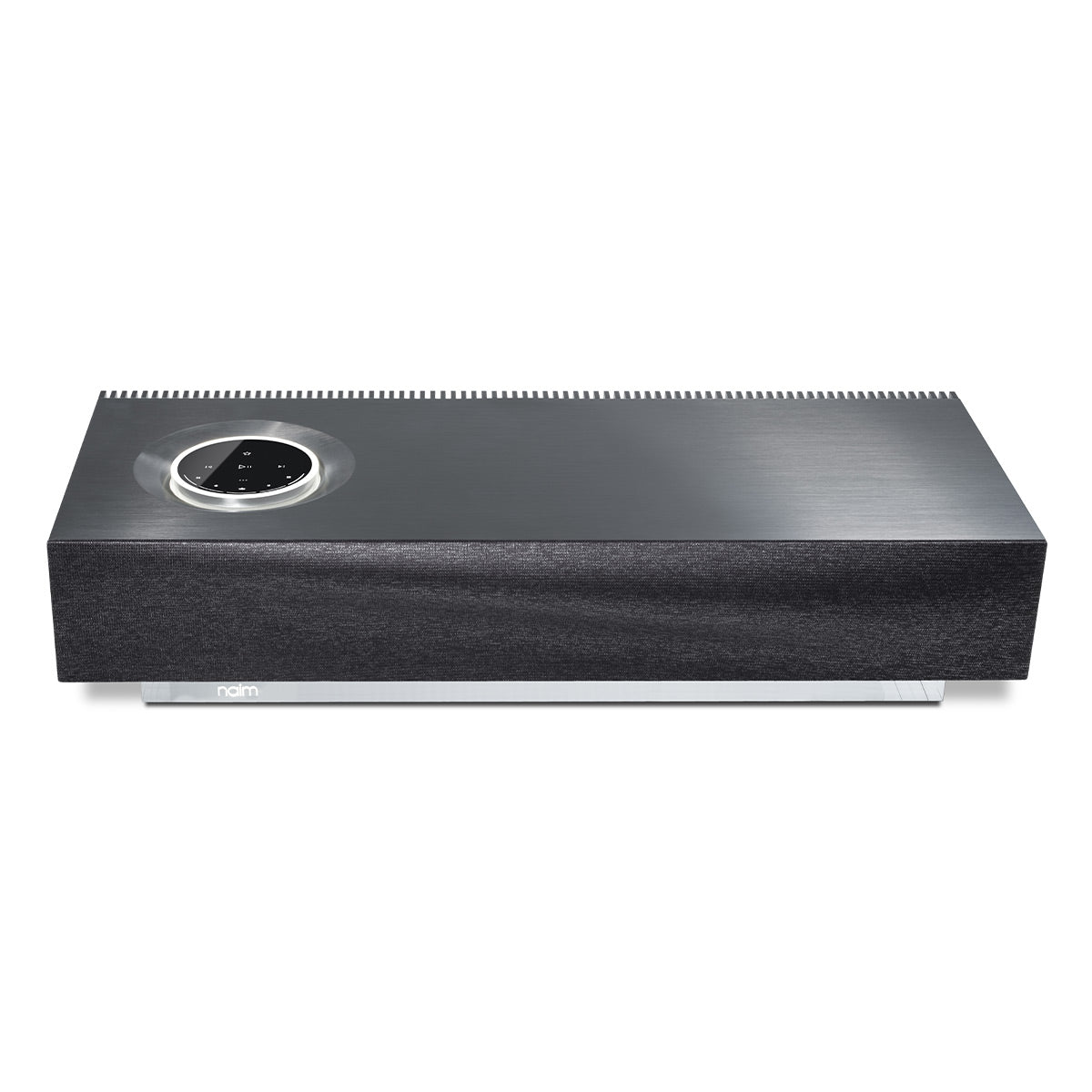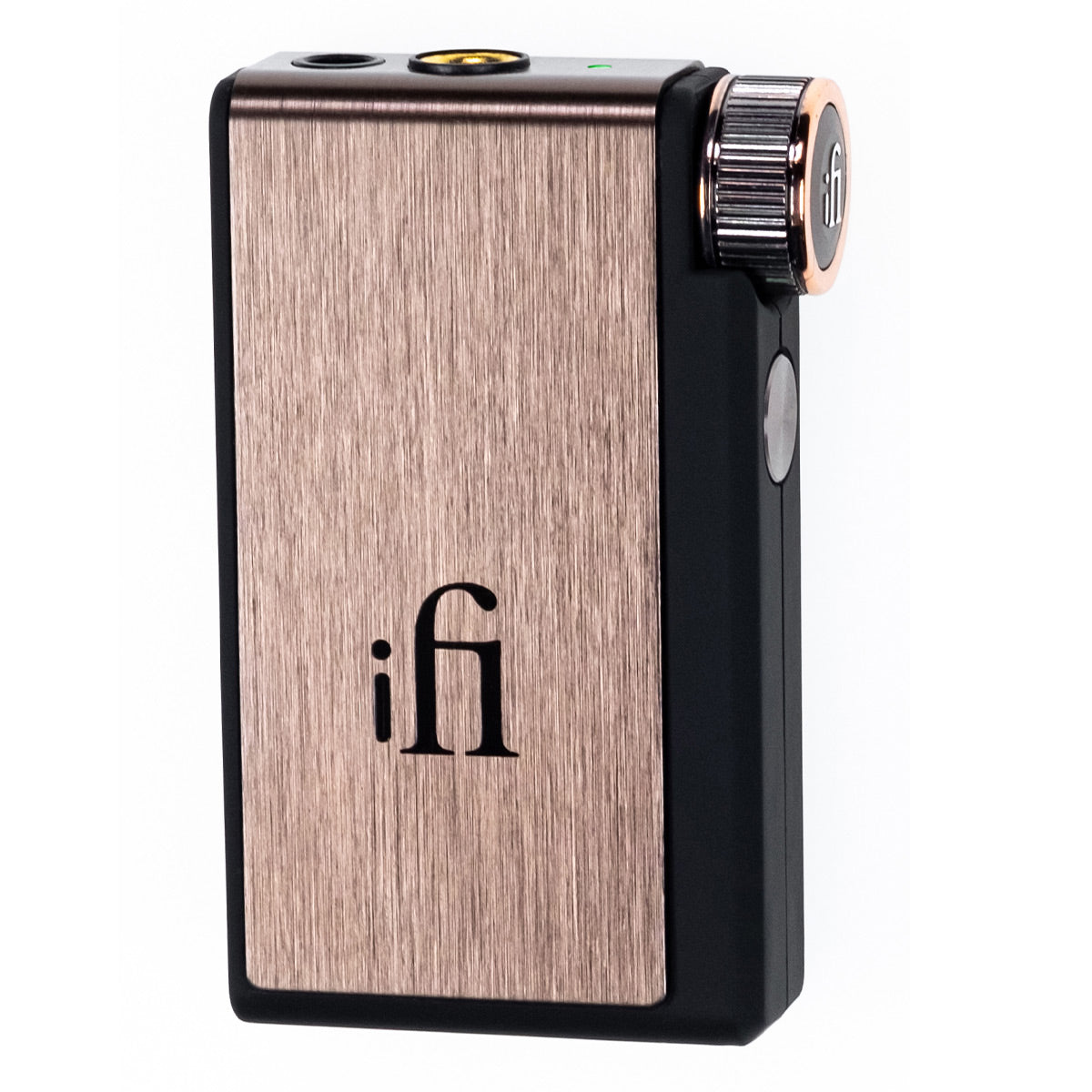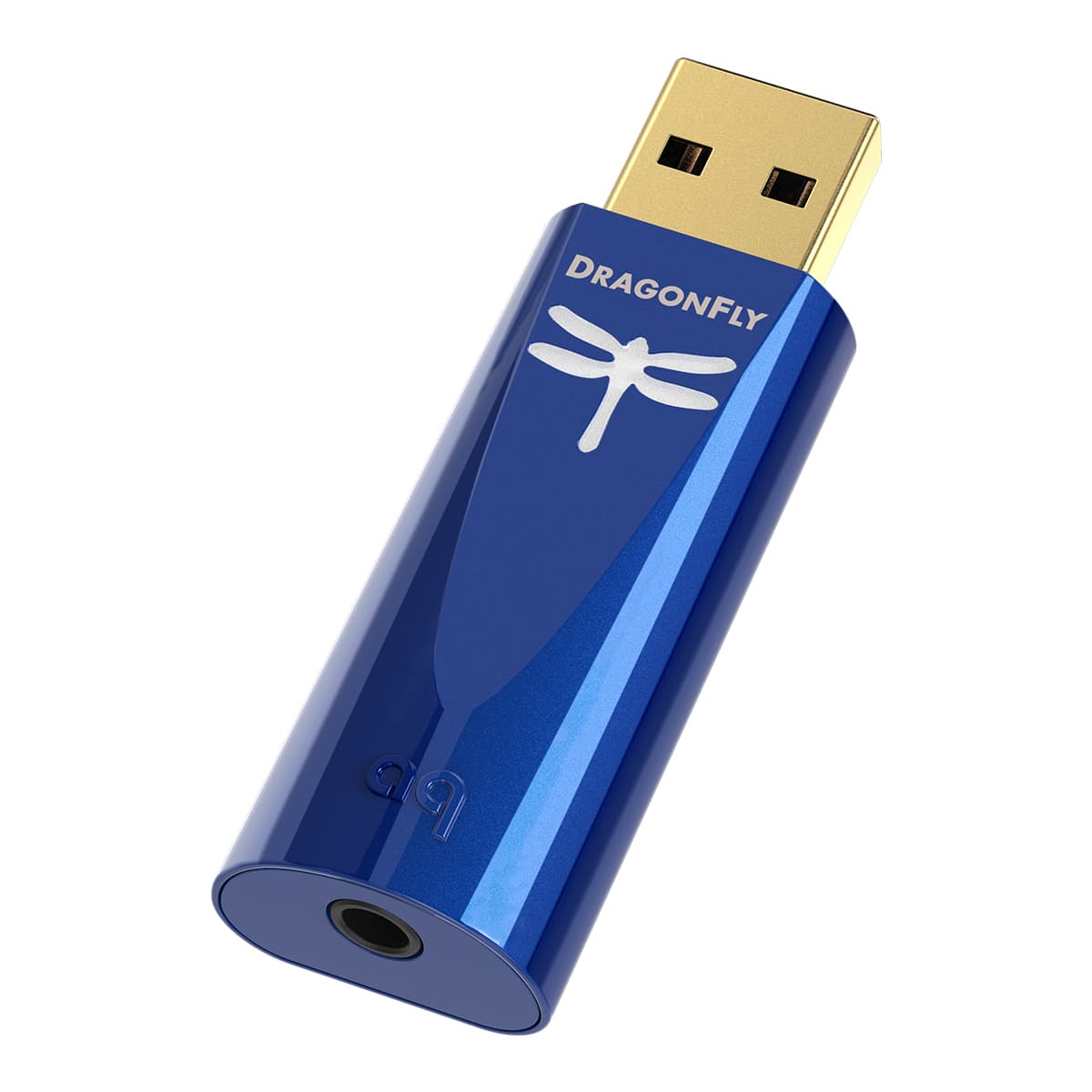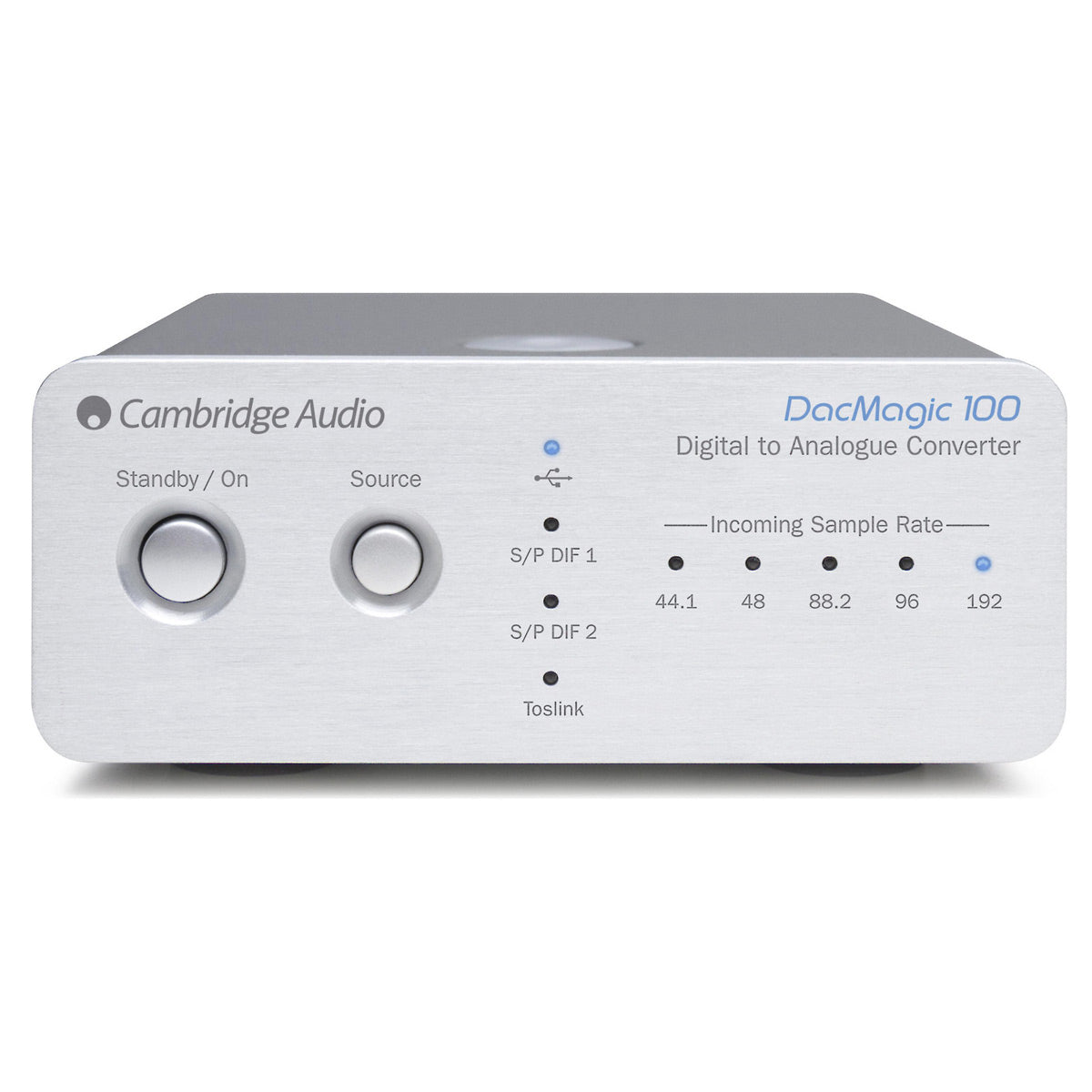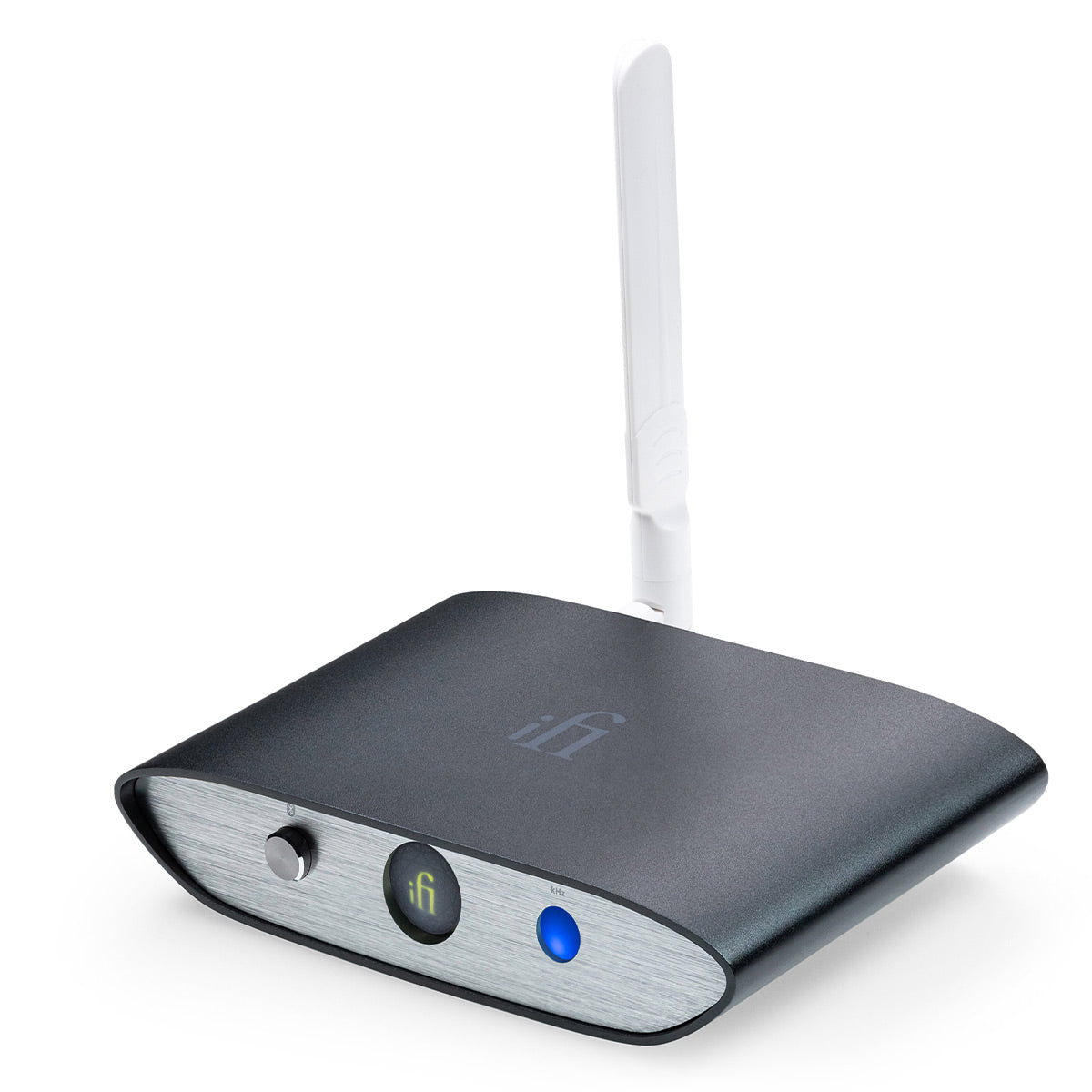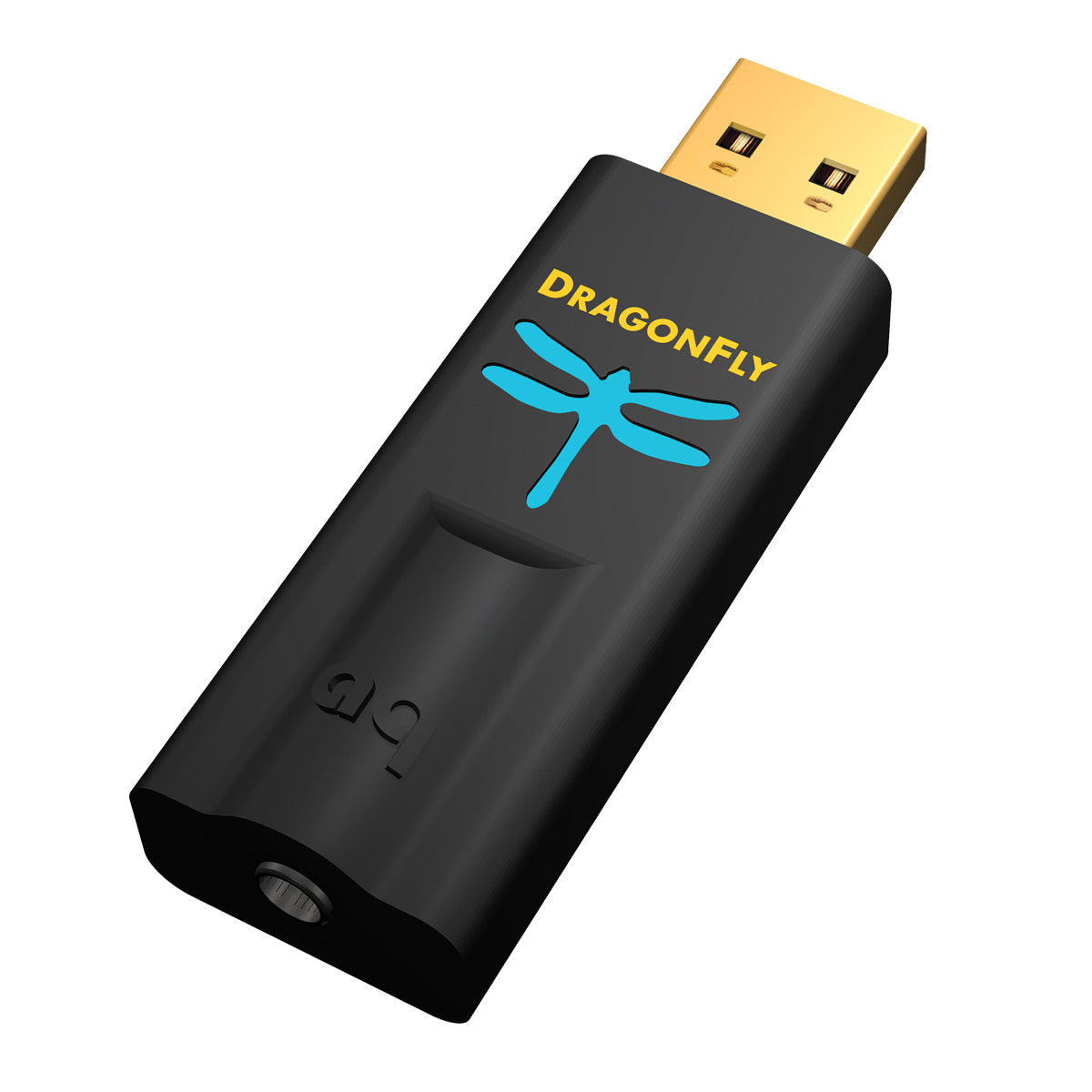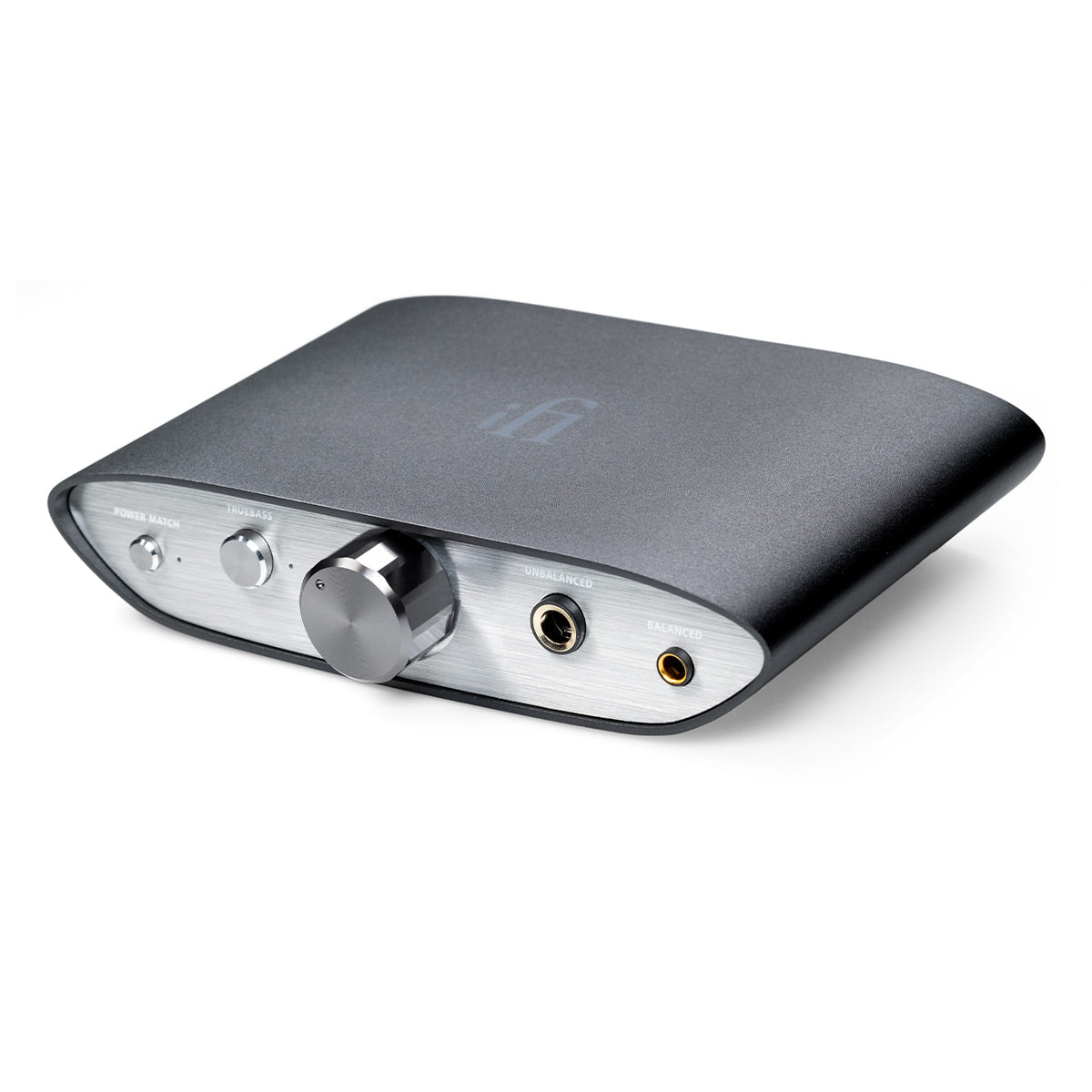Adding an external DAC to your listening setup will improve sound quality and eradicate noise and distortion so that you get the most out of your listening experience. But let's back up a second. If you’re wondering what the heck a DAC is, you’re not alone. The word DAC stands for digital-to-analog converter and why you might need one or which one to get can be a total head-scratcher for the uninitiated. If you want to know how a DAC can take a digital audio signal and turn it into an analog audio signal, and how optimizing that digital-to-analog conversion can improve your music listening and home theater experience, then read on. If you just want to know which one to get, scroll down to our top DAC picks for every budget and use case. We've chosen what we think are the best DACs based on our extensive in-house testing, sound and build quality, design, our own customers' reviews and feedback, and the warranty and support of the brand itself. And, no matter the tweaky acronym, it's still all about audio quality!
What is a DAC?
A DAC, or digital-to-analog converter, translates digitally stored information from your device into the analog sound that you can hear. You might be surprised to learn you already have at least one DAC in your audio system. If you're listening to music from your phone through a pair of headphones, for example, your cell phone (the device) is processing digital audio files, which is just computer data in ones and zeros, and converting them into an analog signal that your headphones receive and convert to sound waves. The thing in your phone that is converting that data is a DAC. Your computer has one and so does the receiver in your stereo.
While many devices already have built-in DACs, they may not be accurately converting the signal - which means the music isn't going to sound as good as it could. The DAC circuitry used in many devices may not be efficient or powerful enough to do justice to the original recording and the DACs in consumer electronics are subject to clocking errors as those digital data streams are converted into audio signals. . The tech term for this is "jitter", and your ears might experience it as music that sounds two-dimensional, not very clear, opaque, or just not full. Again: not as good as it could.
A high-quality DAC can be the simplest way to improve your digital music and really get the most from your system. A DAC upgrade will help you achieve a cleaner sonic background, improving the overall soundstage of your listening setup and creating a wider, deeper listening scape. This will get you closer to hearing the music the way it was meant to be heard and also maximize your setup's worth. You wouldn't put a set of crappy tires on a Ferrari, right?
If you want to dive deeper into DACs or have any other questions, check out our DAC FAQ section or talk directly with our product experts by calling 1.866.961.7781 or chatting with us. We love to talk about this stuff!


